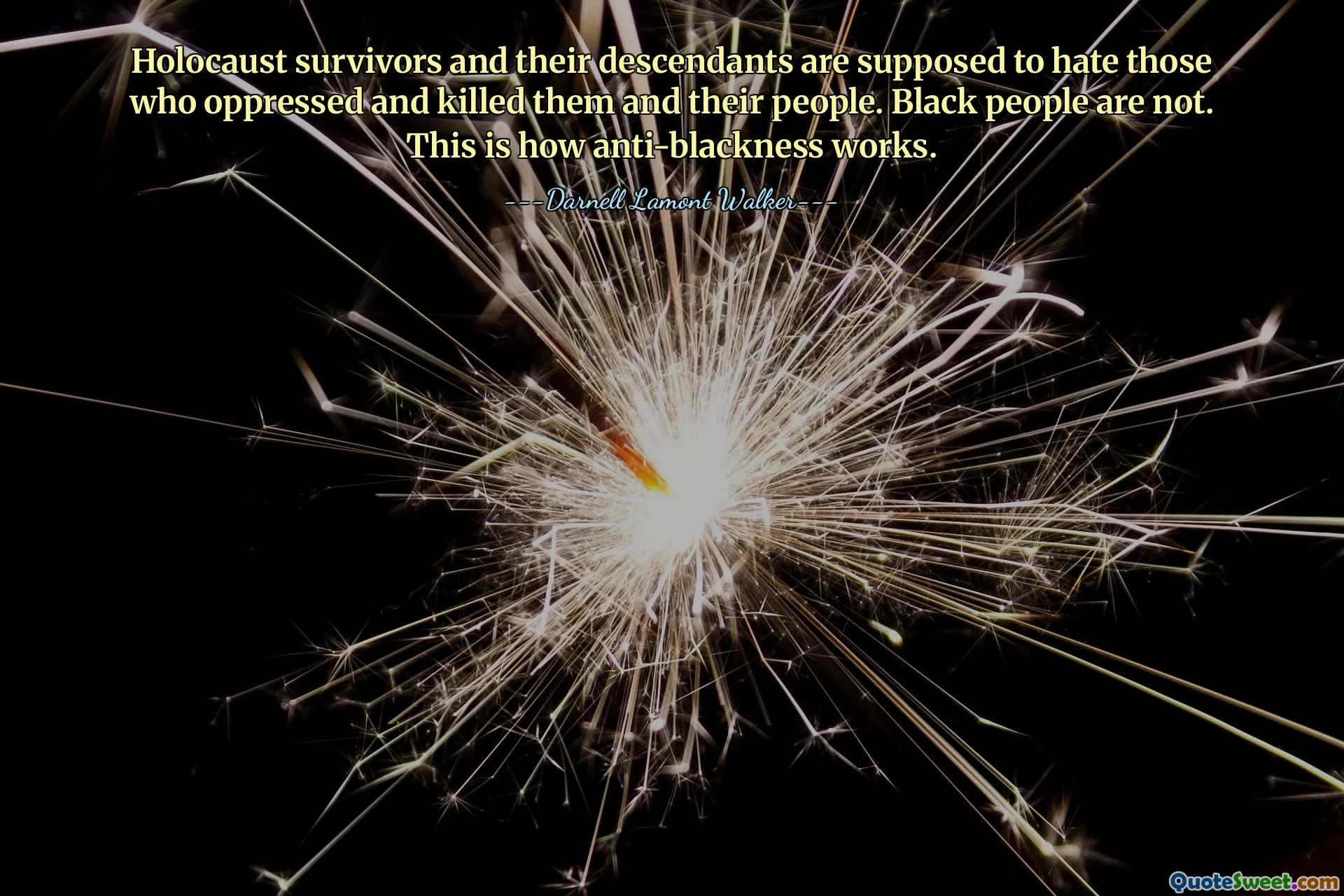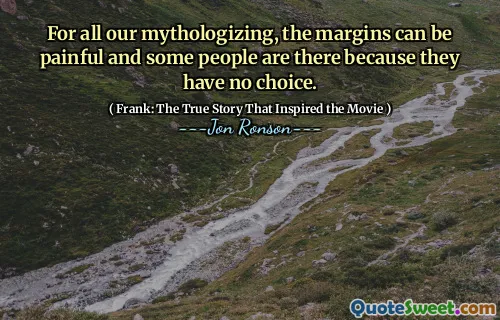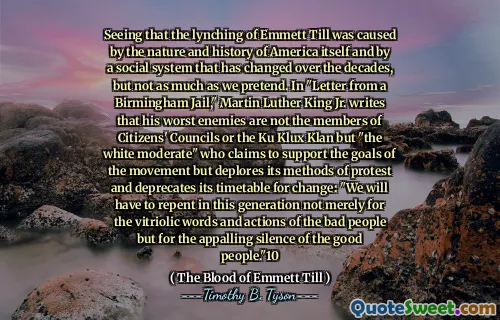
Holocaust survivors and their descendants are supposed to hate those who oppressed and killed them and their people. Black people are not. This is how anti-blackness works.
This quote highlights a critical distinction in understanding the dynamics of trauma, justice, and ongoing structural inequality. It underscores that the expectation for marginalized groups to harbor hatred towards their oppressors is a common narrative when it comes to groups like Holocaust survivors and their descendants. However, it emphasizes that Black people, despite facing centuries of brutality, systemic racism, and ongoing discrimination, do not typically operate under the assumption that collective hatred is the answer or the norm. This reveals a profound difference in how communities respond to oppression—sometimes choosing resilience, reconciliation, or demanding justice without fostering hate. The phrase 'this is how anti-blackness works' points to a systemic issue that perpetuates dehumanization and marginalization of Black individuals, making it crucial to recognize how antisocial attitudes are embedded in societal structures. The quote invites reflection on the importance of compassion, understanding, and systemic change over perpetuating cycles of hatred. It challenges us to question societal expectations of collective blame and to consider the ways in which societal narratives can distort the true nature of injustice. Ultimately, it advocates for empathy and a rejection of toxic cycles of resentment, urging society to confront racism with justice and humanity rather than hatred. Embracing this perspective can foster a more equitable and compassionate environment where healing and understanding take precedence over bitterness and revenge.











